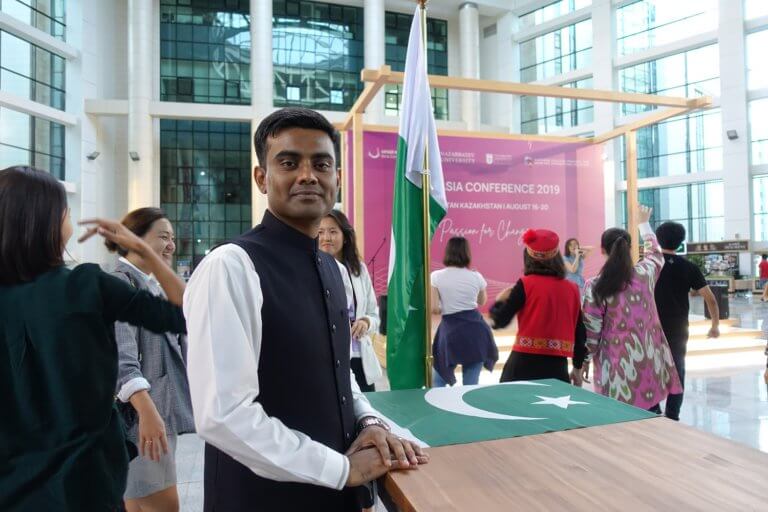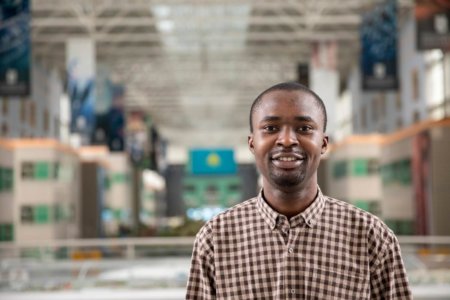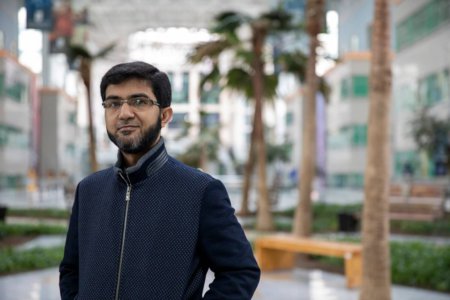
Coming from a country that has seen many different governmental transitions and been through various political experiments, it was only natural for Pakistani Basit Gulzar to learn more about the institutions, practices, and relations that constitute public life — in short, the academic discipline known as “political science”.
At the age of 31, he is now on his way to getting his Master’s in Political Science and International Relations at Nazarbayev University (NU). “I am also interested in how domestic politics shape International Relations,” Gulzar tells us. Below we get a better understanding of Gulzar’s reasoning for making the less conventional decision to study in Kazakhstan, how how it compares with his home country and why war movies make great learning tools:
Why did you choose to pursue political science at Nazarbayev University in Kazakhstan?
I chose Nazarbayev University to study political science because it is research-oriented and my department has a large variety of international professors from around the globe. The lecturers also help provide a bigger picture in terms of the effects of political processes in different parts of the world.
In addition, Nazarbayev University offers generous scholarships, without which it would not have been possible for me to pursue higher education in the area of my interest.
Do you think it would have made a difference if you studied political science at a local institution in your home country? Why?
Definitely, I think the difference is in the research training. For instance, I have two advisors for my thesis and we meet every week to discuss my progress and problems. This might not have been as feasible back in Pakistan due to the large number of students in a cohort in my country’s universities — at least in the public sector universities.
What has been your most memorable class so far? Tell us more about it.
It’s hard to highlight a single class as most memorable because I think the choice of course selection at NU gives students the opportunity to choose what interests them. In my opinion, all the courses can become memorable!
As an example, war movies provide a perspective about the principles of warfare, and classics like “Seven Samurai” could highlight the societal features and the need for institutions. In short, it is the practical relevance of courses which makes the classes memorable.

Basit Gulzar chose Kazakhstan to pursue his studies of political science at Nazarbayev University in Kazakhstan. Source: Basit Gulzar
Do you have any fond memories with your professors at NU? How have your lecturers supported your studies so far?
I think my fond memories will revolve around the fact that the professors at NU are very helpful and this helpfulness is not simply limited to the classroom. They are also happy to help outside.
What are the practical learning elements in your course? Do you get to apply the theories you gained to the real world?
I would personally say that the training I have been receiving at NU throughout studying political science has equipped me with quality research skills, data analysis, and teaching ability.
What are your academic goals in studying political science?
My academic goal is to better understand the research process and be able to conduct it independently. I think different methodologies and theoretical courses have laid the foundation for these goals.
Do you plan to progress into further study in political science?
Yes! I plan to get my PhD in my area of interest after my master’s, and I think my journey at NU now is crucial for me to fulfil this plan.









